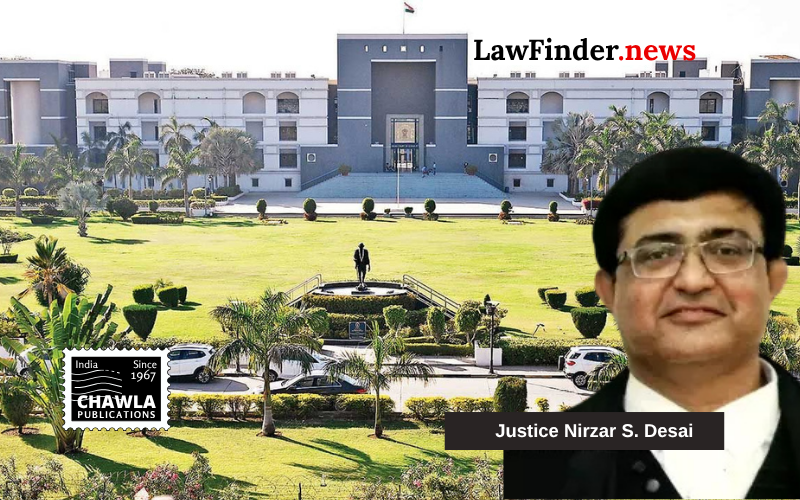Court dismisses plea to quash FIR; emphasizes on the protection of victim's privacy under POCSO and Juvenile Justice Acts.
In a significant ruling, the Gujarat High Court has dismissed the petition filed by Bhoomikaben Pareshbhai Patel, a practicing advocate, seeking quashing of an FIR registered against her for allegedly revealing the identity of a minor victim under the Protection of Children from Sexual Offences (POCSO) Act and the Juvenile Justice Act. The court, presided over by Justice Nirzar S. Desai, emphasized the importance of safeguarding the privacy and dignity of victims, highlighting that even an inadvertent mistake by an advocate does not exempt them from legal scrutiny.
The case originated when the father of the minor victim lodged an FIR on July 30, 2025, after discovering that the advocate had disclosed his daughter's identity through media bites, which were circulated on social media. The victim, previously involved in a POCSO case where the accused committed suicide, was allegedly influenced by the advocate to provide a media statement, further exacerbating the breach of privacy.
Justice Desai, in his oral order, underscored the advocate's responsibility to uphold the law and act with integrity, especially when dealing with sensitive cases involving minors. He pointed out that the advocate's actions were driven by a desire for publicity, which cannot be pardoned as an inadvertent mistake. The court asserted the necessity of a thorough investigation to determine the intent and circumstances surrounding the disclosure.
The advocate's counsel argued that the FIR was misconceived, claiming that the sections under the POCSO Act apply only to media personnel, not advocates. However, the court rejected this argument, clarifying that the provisions are designed to protect victim identities and have an overriding effect over inconsistent laws, as stipulated in Section 42A of the POCSO Act.
The judgment also addressed the broader implications of whether offences under the POCSO Act are cognizable, referencing prior decisions from the Supreme Court and the Kerala High Court. Justice Desai affirmed that all offences under the POCSO Act are cognizable, negating the need for police to seek permission for investigation under the Bharatiya Nagarik Suraksha Sanhita (BNSS).
The Gujarat High Court's decision marks a precedent in reinforcing the legal framework that ensures the privacy of minors in sexual offence cases. It sends a strong message to legal professionals about the expectations of ethical conduct and the consequences of failing to adhere to statutory obligations.
Bottom Line:
Advocate involved in disclosing the identity of a minor victim under the POCSO Act through media bites is liable for investigation, even if the act was claimed to be inadvertent or done in good faith. The provisions of the POCSO Act and Juvenile Justice Act are intended to protect the privacy and dignity of victims.
Statutory provision(s): POCSO Act 2012 Section 23(4), Juvenile Justice Act 2015 Section 74(3), POCSO Act 2012 Sections 19, 20, 23, 42A
Bhoomikaben Pareshbhai Patel v. State of Gujarat, (Gujarat) : Law Finder Doc Id # 2782333




